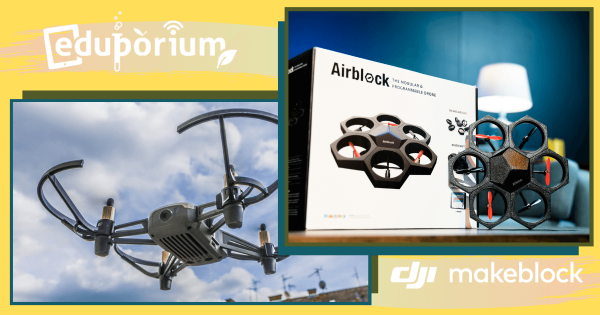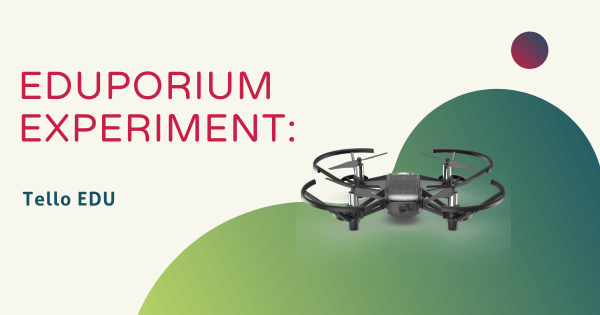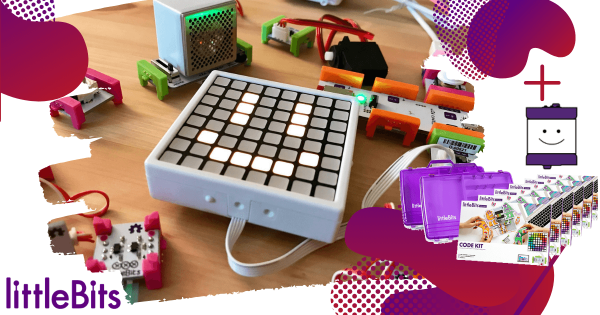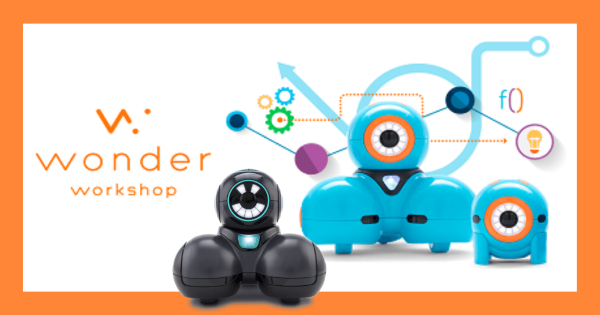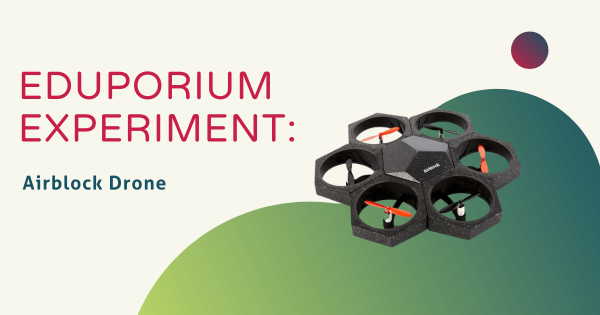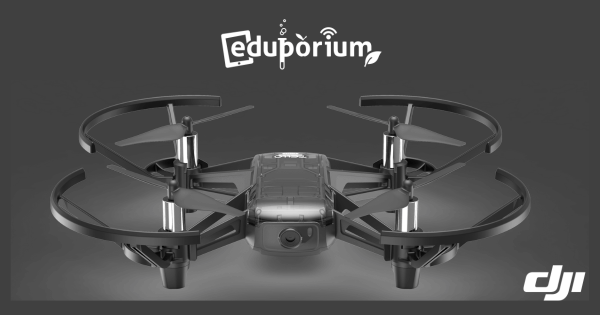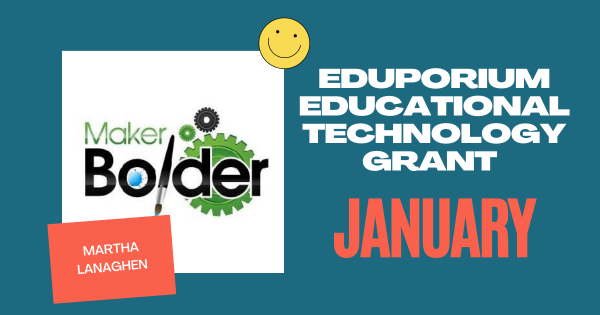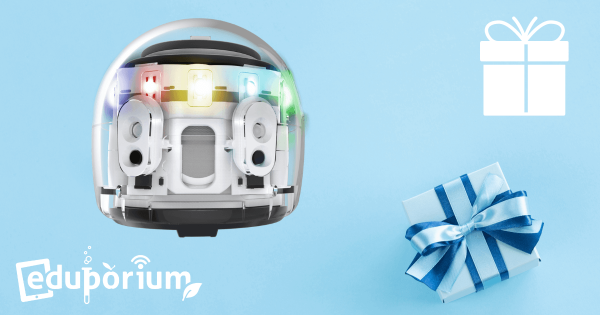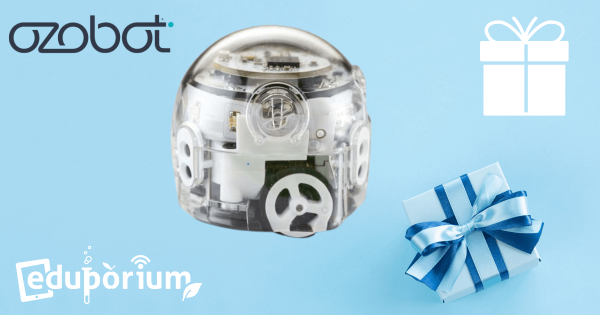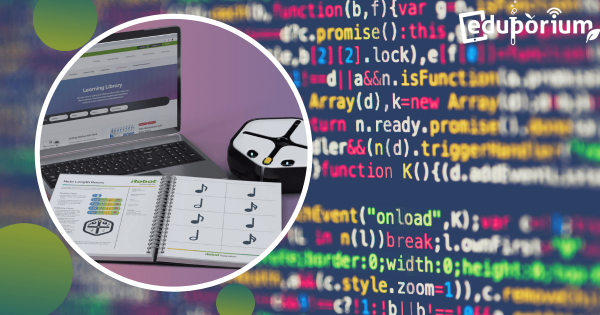Coding
Coding is, of course, a hugely important area of 21st century education. Whether they're as young as Pre-K or ready to enter college, coding is extremely relevant to almost every student's future. Thankfully, millions of educators and administrators realize the importance of teaching kids to code. Whether it's a curricular requirement or part of an informal school club, programming experiences are amazingly valuable for students. There's also plenty of options, so educators can find something without complicated or pricey features. In this section, you'll see a lot of different topics related to K-12 coding. These include features on particular STEM tools, insights on coding integration, skills students can develop and more. There's also something for teachers of all grade levels. Whether you teach the early grades or have students with the foundation to take the next step, you'll find helpful resources for teaching coding in the classroom.
Coding is truly an experience that all K-12 students can have. Starting in the early grades, students can code screen-free with a tool like the Cubetto Robot. Then, they can start to increase their coding skills and explore Blockly environments using tools like the Dash Robot, Ozobot Evo, and many others. From there, students can explore a bunch of different languages, like Snap!, Scratch, MakeCode, and more and, eventually, expand their skill sets by exploring text-based languages, like JavaScript and Python. All the while, the STEM solutions we advocate for also allow students to learn the most important coding concepts, like loops, variables, inputs, conditionals, and syntax. With a natural progression that leads to increased computer science competencies and enhanced future readiness, it's tough to understate the relevance of coding experiences in the classroom.
-
The Best Part of STEM: Drones and Programming
These days, flying drones involves more than just controlling its height and movements with a remote control. Some more advanced drones can be programmed to complete short flights, snap photos, and show students how coding and drone navigation are related. Head inside to learn about some of the best. -
Eduporium Experiment | Tello EDU Drone
There have been a few programmable drones around for a bit now, but we were recently able to add the Tello EDU drone to our store and its incredibly affordable for also being programmable. So, our next step was to take it for a test flight and see what STEM learning in the classroom would be like with this compact -
Bring STEAM Full Circle With The Creative Potential Of littleBits
These electronic LEGOs snap together and teach kids basic concepts, like magnetism, circuitry, inputs, outputs, and engineering while they play! With a model based on progression, students can start learning with littleBits as early as first grade and create a foundation for eventually inventing devices that they can use in feats of engineering and even control with code! -
Countless Ways to Code with Wonder Workshop's Robots
Using their Dash and Dot Robots in elementary school along with the more advanced Cue Robot in middle school, the Wonder Workshop team is helping educators prepare students for tomorrow. If you didn’t know, we carry a bunch of their kits and accessories on our store, including their brand-new Gripper Building Kit! -
Eduporium Experiment | Airblock Drone
Educational drones have another cool component to them—a lot of them are programmable. The Airblock drone from Makeblock is one of those programmable drones and, in this week’s Eduporium Experiment, we take a look at its functions, abilities, and uses in education! Keep reading to learn more about the Airblock drone from Makeblock. -
Introducing the Tello EDU with a Special Offer for Educators
DJI has intrigued both hobbyists and STEM enthusiasts with their MAVIC, SPARK, and Phantom drones, but now they’ve added something new to their offerings. Their Tello EDU drone is designed exclusively for use in STEM education and provides both teachers and students with a new and exciting way to learn about piloting—and programming! -
Our January Grant Recipient: Martha Lanaghen & MakerBolder
Since we launched our grant program, we’ve received many excellent proposals and have learned a ton about the creative projects educators have in mind! With that, the latest recipient of our grant is no exception and we’re excited to introduce January’s awardee, Martha Lanaghen from MakerBolder, an afterschool organization in Colorado! -
Giving Gifts to a Librarian who's Created a Great STEAM Program
We are unable to award something to everybody who applies for our EdTech grant, so, this Holiday season, we selected a few of the applicants who weren’t chosen and sent them what they asked for. Alyssa Newton was one of the educators we sent something to and her students really seemed to love what they received. -
A Holiday Surprise: A New Ozobot Evo to Code With
Gail Morris is a teacher at Gauger-Cobbs Middle School in Newark, Del. She works a lot with students who have learning disabilities, but still wants to get them introduced to coding as much as possible—a mission that we certainly support! To close out 2018, we sent Gail an Ozobot Evo for her and her students to use and we’re excited -
Eduporium Weekly | Additional Skills Learned from Coding
We often preach about the importance of learning coding for students’ futures. As a skill, it might just be the most valuable ability they can possess as they move forward and, on the flip side, they could fall behind peers if they are not literate in coding. What we don’t always talk about, however, are the other benefits of learning




